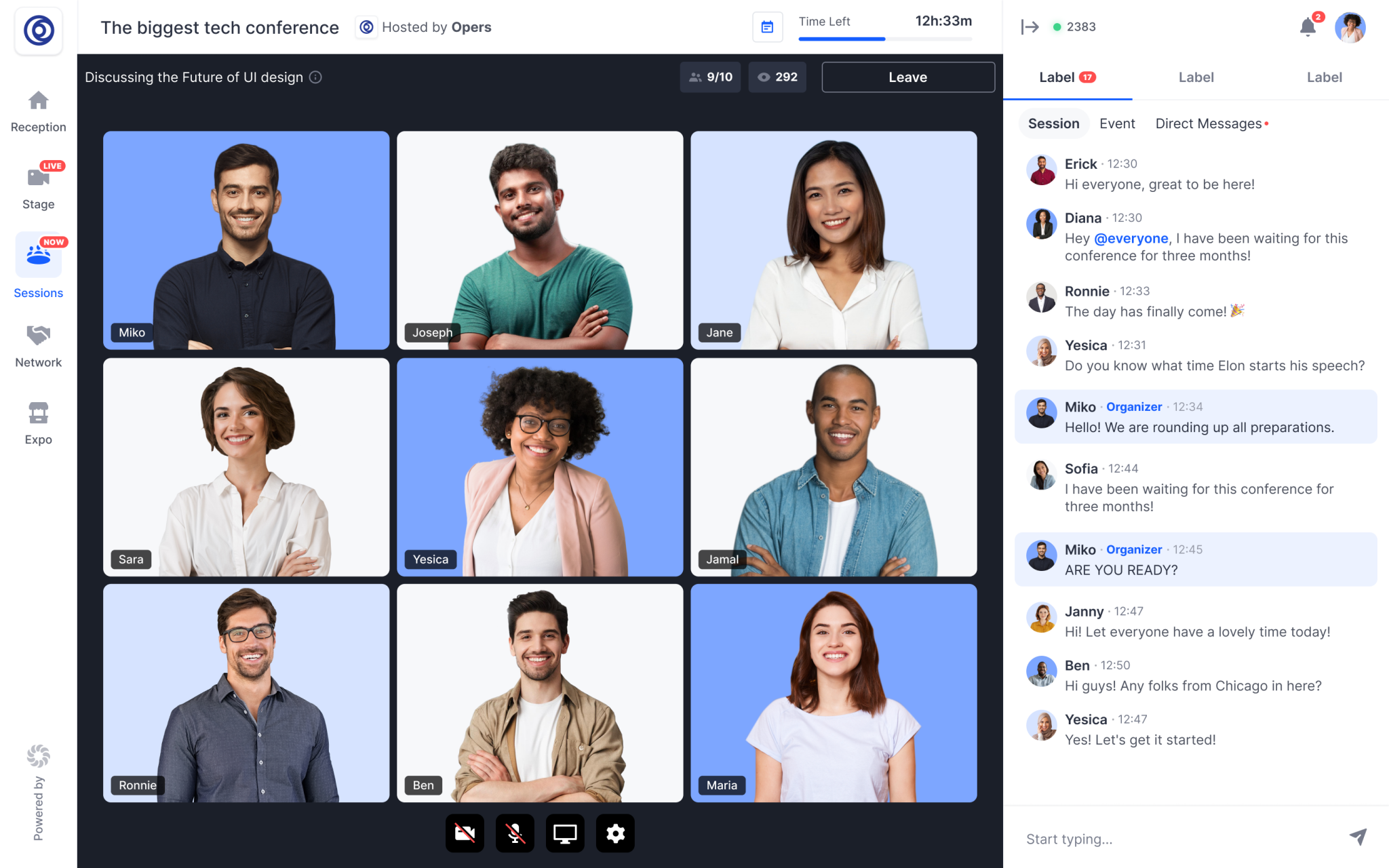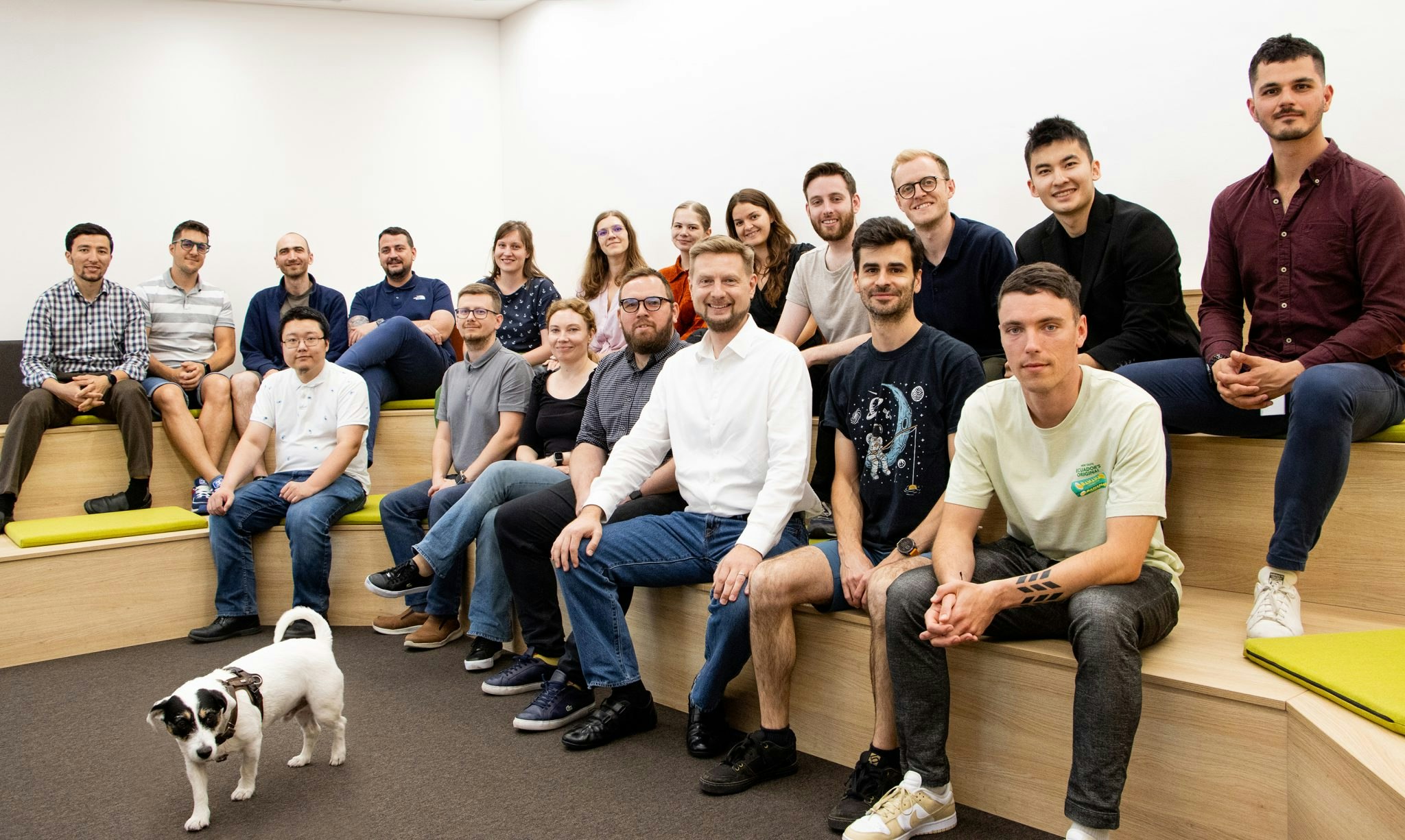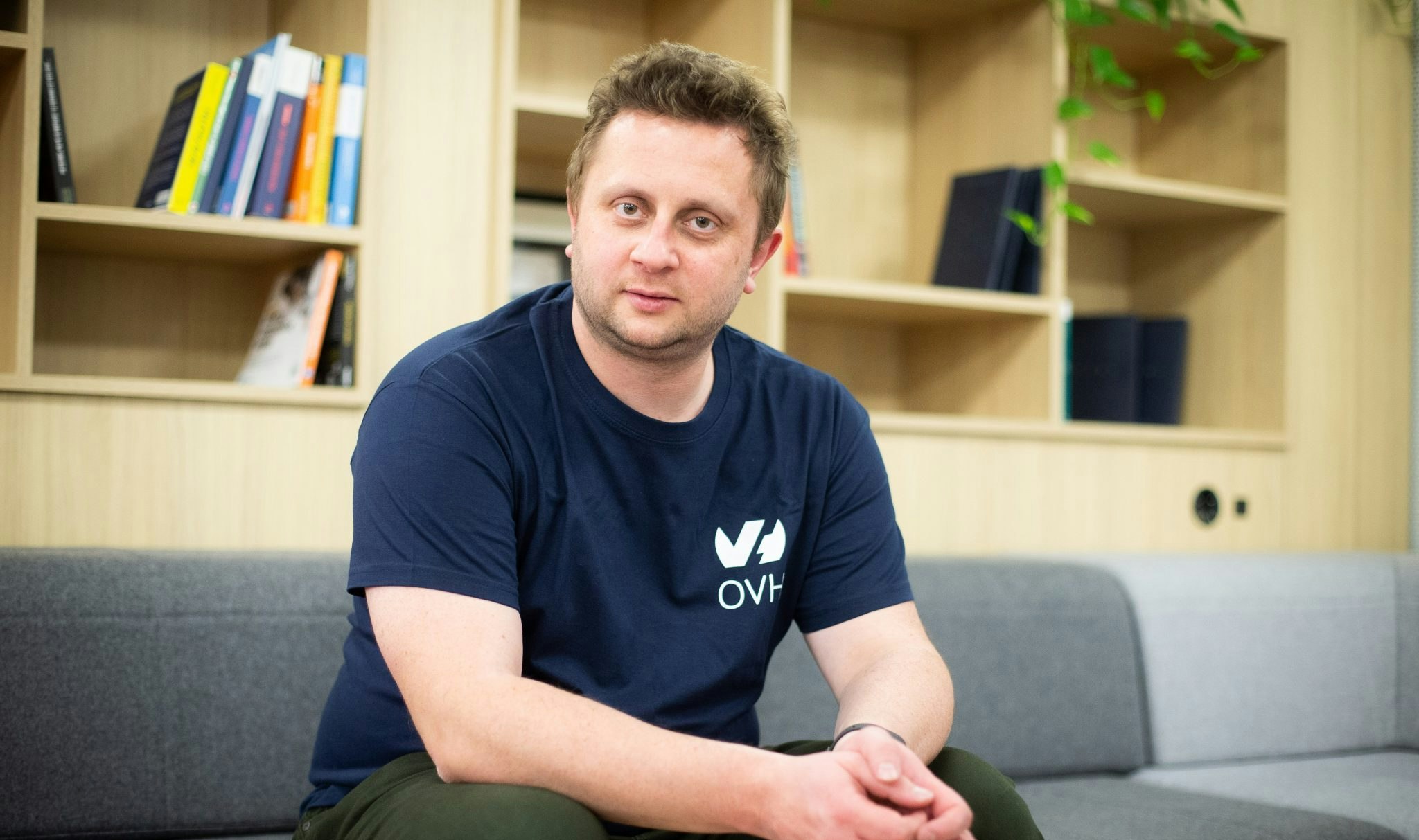Element, a European rival to workplace messaging app Slack, has won the world’s largest-ever single contract for a collaborative software service, supplying half a million licences to help communication in the German education system.
The size of the deal dwarfs the 350,000 seat deal won by Slack this year to be the go-to messaging service for IBM and is a huge boost for Element, which was founded in 2017 and was formally known as New Vector.
The win points to the growing concern about privacy in communications around the world amid a heated debate about the use of Huawei technology in the UK, the security of social app TikTok and concerns about how encrypted messaging services really are.
Matthew Hodgson, the CEO of Element, told Sifted that it was a sign that Europe was beginning to embrace its own privacy-friendly messenger service that reduced its reliance on Silicon Valley.
Element sells an ultra-secure messaging system — used by the French and German military already — which is built on a decentralised communications standard called Matrix.
The idea is that its messages are not only end-to-end encrypted (meaning only the sender and the recipient can read them) but users can retain control of their own secure communication infrastructure.
Some prefer this because other end-to-end encrypted messaging services, for example WhatsApp, may be highly secure but users are ultimately reliant on third parties — e.g WhatsApp owner Facebook — to keep it secure.
With Element, conversations are hosted and owned entirely by the participating servers, rather than being stored centrally somewhere in Silicon Valley, which is particularly attractive to European governments and armies concerned about digital sovereignty.
The deal announced on Wednesday will see the German states of Schleswig-Holstein and Hamburg deploy a Matrix-based solution for 500,000 users across public offices and education as part of its wider adoption of open source cloud strategy Project Phoenix being carried out by IT provider Dataport.
The deployment is aimed at improving the region’s digital sovereignty and includes secondary schools and further education establishments in time for the September term. The seats will be made up of a combination of students, staff and public administration.
Last year Element, which also has a Slack rival messaging service called Riot which runs on Matrix, raised an $8.5m Series A funding round with participation from Notion Capital, Dawn Capital and European seed fund Firstminute Capital. Earlier this year Automattic, the company behind WordPress.com, WooCommerce and Tumblr made a $4.6m strategic investment in the company.
Sifted caught up with Matthew Hodgson, the CEO and CTO of Element to ask him what the German contract means for the company.
How important will this deal be for Element and your wider ambitions? What will it unlock?
This is a critical deal for Element; between the French state deployment, German Bundeswehr and now the Public Schools of Germany we are seeing Matrix spreading organically throughout Europe.
The Federal Commissioner for Data Protection and Freedom of Information in Germany, Ulrich Kelber, pointed out earlier in the year that “you could even set up a privacy-friendly messenger service in cooperation with France, which in the medium term could represent a real alternative to existing products on the market as a pan-European solution”, and the German deployments are evidence of this vision coming true.
Meanwhile, we have several other public sector deployments in the pipeline with various governments and expect to see Matrix become the standard secure communication backbone for the public sector in the months to come.
Do you think that the geopolitical climate — Huawei, TikTok — helped you win this deal? If so, how?
Digital sovereignty has become a genuinely hot button topic over the last few months, both thanks to the cybersecurity risks of applications run by other nation states, and desire for nations to naturally have autonomy over their own infrastructure.
Additionally, the Covid-19 pandemic has forced organisations into remote working who simply cannot depend on typical Silicon Valley centralised services — and this has led to a huge explosion of interest in self-sovereign communication infrastructure, for which Element and Matrix are the standard-bearers.
Is there an 'Apps Cold War' and do you stand to benefit?
We see a different dynamic to the Cold War: instead, we see the traditional centralised apps (Slack, Teams, Discord, etc) being displaced by a grass-roots open-source movement, much as Linux displaced commercial operating systems on the Web and entirely shifted the balance of power back to the wider community.
The negative effects of data centralisation have become incredibly clear in recent years thanks to Cambridge Analytica, unilateral algorithmic filtering and surveillance capitalism — and the pendulum is finally swinging the other way again, back towards an internet which is more open, decentralised, secure and vibrant.
What are the big trends in the next five years of messaging software?
We expect to see:
- Decentralised communication growing as a grass-roots movement that provides a serious challenge to the centralised communication silos — much as the Web surpassed the old silos of AOL, Compuserve etc.
- End-to-end encryption by default everywhere. Slack and Teams have so far declared E2EE impossible for their platforms, whereas WhatsApp and Signal have it on by default. Data security will become a prerequisite.
- Peer-to-peer communication exiting the labs. We turned on the P2P Matrix network in June and it’s incredibly exciting to see Matrix working in environments without internet, or servers, where conversations exist purely on the handsets and browsers of the participating users.
- Decentralised reputation systems. With more people connected than ever before over secure end-to-end encrypted communication channels, the risk of abuse grows. We have to provide the tools to mitigate abuse and let users filter out malicious content on their own terms — effectively putting them in charge of their own filtering algorithms, rather than being at the mercy of Facebook, Twitter and friends.


